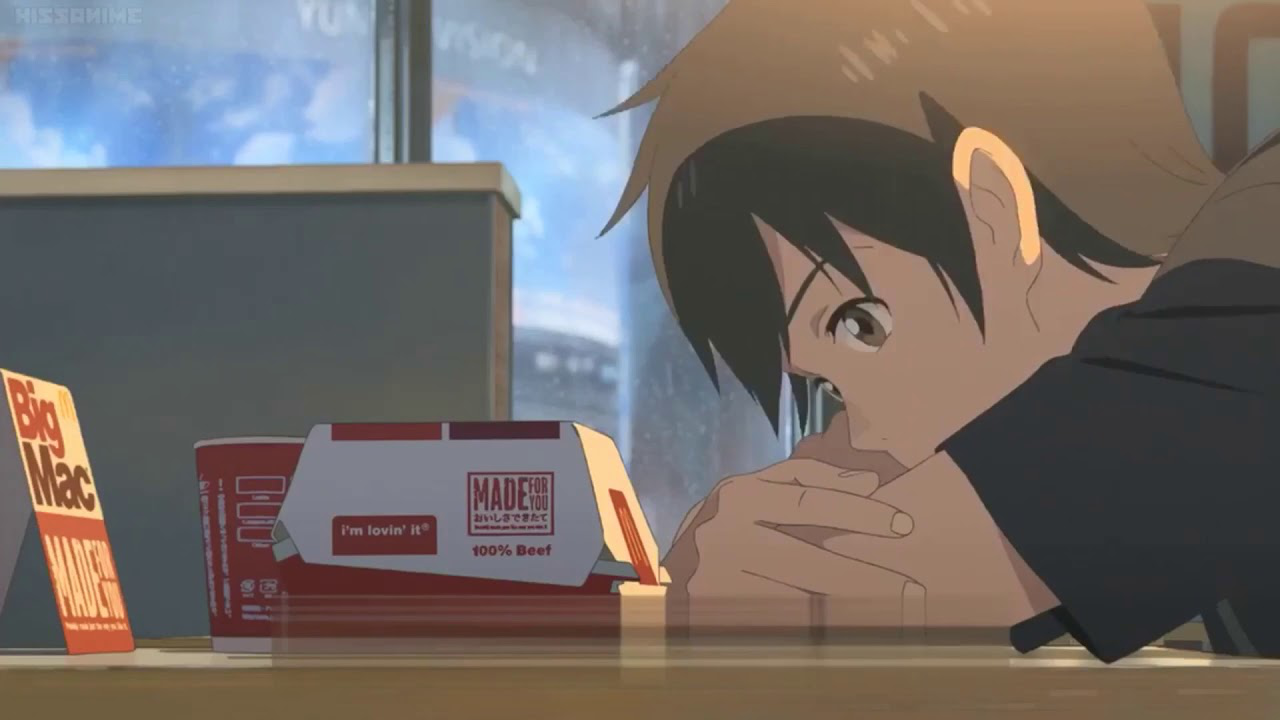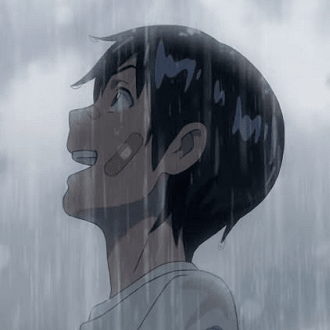I recently had the chance to watch “Mrs. Chatterjee vs. Norway” on Netflix, and I must say it was a fascinating and deeply moving experience. Based on a true story.
The movie revolves around Mrs. Chatterjee, an Indian immigrant mother living in Norway, who faces the unimaginable ordeal of having her children taken away from her by Norwegian child protection services. Her battle to reunite with her children forms the crux of the narrative. The story is not just about a mother’s love and determination but also about the cultural clashes and misunderstandings that can arise when immigrants navigate the legal and social systems of their new countries.
The lead performance by the actress playing Mrs. Chatterjee is nothing short of stellar. She portrays the character’s pain, resilience, and unwavering spirit with remarkable depth. The supporting cast also delivers strong performances, making the story all the more compelling and emotionally charged.
The plot shows the unfair treatment faced by Mrs. Chatterjee. The authorities take her children away because of cultural differences and say she has mental problems, calling her natural motherly actions crazy. They trick her, making her think she will get her children back if she follows their rules, but they only make it harder for her. Her husband is shown as uncaring and not supportive, adding to her struggles and leaving her to fight alone. The film shows how her different cultural background is used against her, with officials saying she is an unfit mother just because she follows her cultural traditions.
It is shocking to see government officials intruding into the Chatterjee household, living with the family under the guise of supervision, only to aid in the removal of the children. The portrayal of these intrusions is unsettling, highlighting the invasive and manipulative tactics used.
What struck me most about the film is its basis in real events. I also learned recently that this happens a lot, which is something I wouldn’t have believed before my research. It’s shocking to learn that many children are taken away from their parents each year, with numerous cases remaining unexplained. This issue is not confined to Norway alone; similar incidents have been reported in other European countries, including Sweden, UK and Germany. A quick search on the internet reveals numerous stories and videos of families torn apart by such actions, highlighting a distressing pattern.
According to reports, over 28,500 children were taken into care in Germany in 2021 【source】. This is not an isolated incident; there are many such stories. For instance, this YouTube video shows a similar heartbreaking situation in Germany.
And another one from UK, where the child is trying to arrest the child, and they are asking the helpless parents to convince him to come down so they can take himIn these videos, children are seen running from the police, wanting to stay with their parents, but being forced to go to foster homes. While they claim that they are doing this for the children’s good, I can’t imagine how this will affect the mentality and life of those children.
It’s a good and relieving news that the European Court of Human Rights is taking actions regarding this matter recently 【source】, and I pray that families will get their children back. Laws should respect parents’ rights to raise their children according to their own beliefs and values. For example, in German law, this right should be protected by the German Basic Law (Grundgesetz), specifically Article 6, which states that the care and upbringing of children is the natural right of parents and a duty primarily incumbent upon them.
UPDATE 1/4/2025: “dctransparency” Has removed the linked article above from their website. You can still see the original article from the wayback machiene website.
The film effectively captures the anguish and helplessness of parents caught in these situations, as well as the often bureaucratic and culturally insensitive approaches of child protection agencies. It raises important questions about the balance between protecting children and respecting the cultural practices and parenting styles of immigrant families.
The Quran also emphasizes the importance of understanding and respecting different cultures and communities. Surah Hujurat 49:13 says, “O mankind, indeed We have created you from male and female and made you peoples and tribes that you may know one another.” This verse highlights the beauty of diversity and the importance of mutual respect and understanding. Similarly, a hadith states, “There is no superiority of an Arab over a non-Arab, nor a non-Arab over an Arab, except by piety and good action.” These teachings remind us of the need for compassion and equity, regardless of cultural or ethnic differences.
Overall, “Mrs. Chatterjee vs. Norway” is a powerful and thought-provoking film that brings to light a significant issue faced by immigrant families. It’s a must-watch for anyone interested in social justice, cultural integration, and human rights. The movie not only entertains but also educates, urging viewers to empathize with the plight of those caught in similar predicaments.


